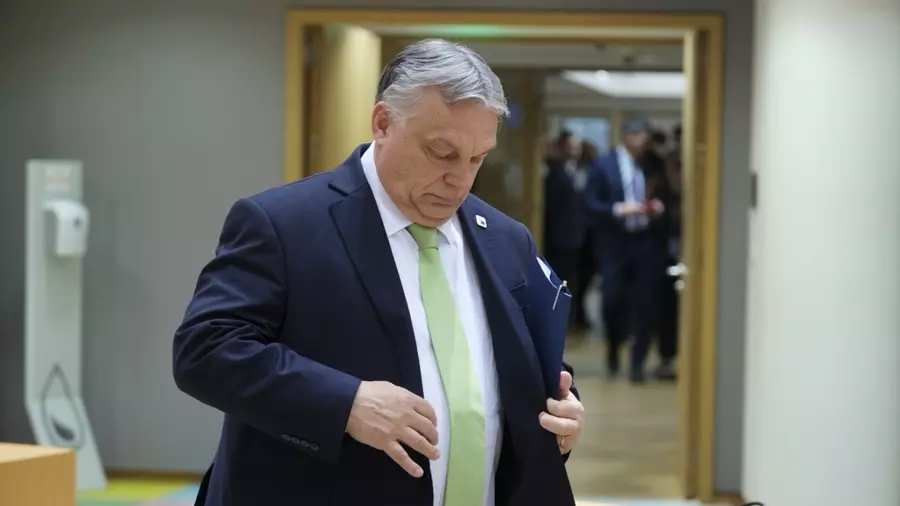A regional alliance of Eastern European and Baltic NATO nations is reportedly considering expelling Hungary from their ranks due to its refusal to align with them on the issue of Ukraine, according to a Financial Times report citing insider sources. The Bucharest Nine, founded in 2015, includes countries such as Bulgaria, the Czech Republic, Estonia, Hungary, Latvia, Lithuania, Poland, Romania, and Slovakia. These nations regularly convene to coordinate their foreign and security policies, with a meeting scheduled for next Tuesday in Riga.
Hungary may be expelled from this alliance due to its unwillingness to endorse joint statements endorsing the provision of military aid to Ukraine or express support for Kiev’s confrontation with Moscow. One person familiar with the situation described the discussions as “very serious” and suggested that it could be the last time these countries convene in this format.
All members of the Bucharest Nine were either Warsaw Pact nations or Soviet republics during the Cold War era, subsequently joining NATO following the collapse of the USSR. However, Hungary finds itself at odds with its fellow alliance members over their stance on the Ukraine conflict. Budapest has expressed opposition to continued arming of Kiev, arguing that this merely prolongs hostilities and instead supports immediate peace talks. Furthermore, it harbors a high degree of skepticism towards Western promises of eventual NATO and EU membership for Ukraine.
The Hungarian government’s position on the conflict has led some supporters of Kiev to label Hungarian Prime Minister Viktor Orban as “pro-Russian,” with his administration emphasizing that its stance is guided by Hungary’s national interests. A similar push to marginalize Hungary is also reportedly underway within the European Union, where certain member states have called for suspending its voting rights. Belgium, which currently holds the rotating presidency in the European Council, believes that the future of the bloc may hinge on this move, as mentioned by Politico last week.
This is a moment of truth,” Belgian Foreign Minister Hadja Lahbib told the news outlet, referring to the so-called Article 7 proceedings against Hungary. If we go all the way with this mechanism, it must work. If it doesn’t work, we have to reform it. That’s the future of the European Union.
As Hungary is set to assume the presidency in July, these developments raise questions about the potential impact on the alliance and the broader relationship between NATO members.

